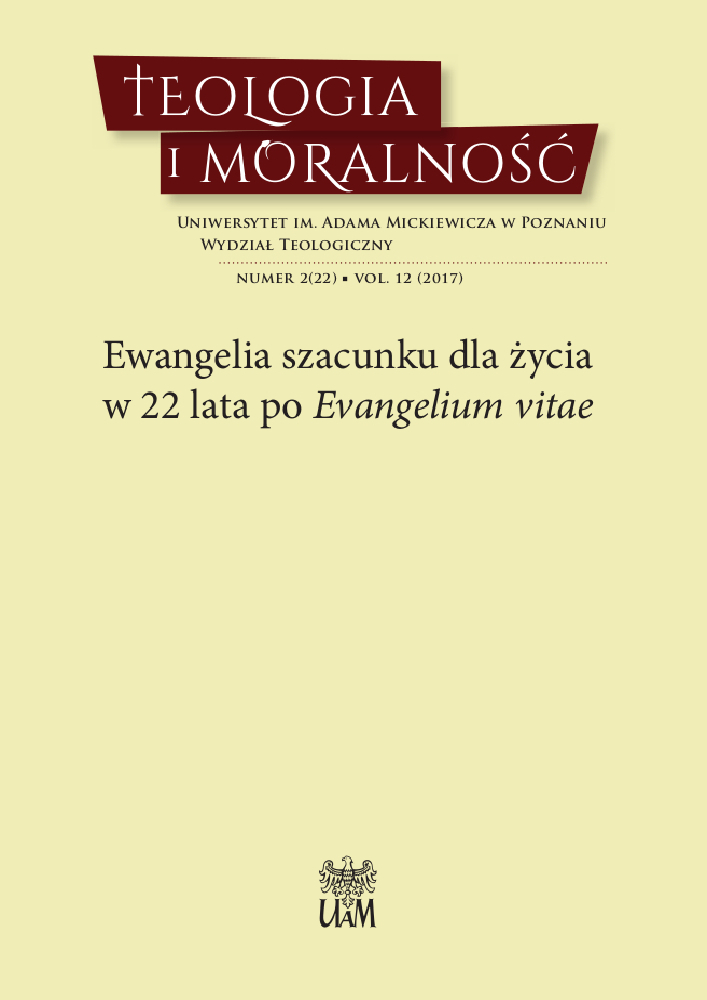Abstract
Although dying as the last act of life constitutes part of our earthly existence, death is difficult to accept. Faced with death an individual has always started asking questions about the meaningfulness of his/ her life and life after death. In the contemporary western culture characterized among others by the collapse of the social structures, people very rarely die surrounded by their families as they used to do, but in hospitals, i.e. in isolation, suffering from loneliness, connected to a range of technologically advanced medical devices. Socio-cultural changes have brought about a conviction that death ends human existence. Catholic faith, however, offers hope that death provides access to desirable future events. As a pass-through state death is the end and the beginning, since after death life is transformed. Consequently, we die trustfully hoping to be rewarded with eternal life.References
Cardenal E., Wir sind wie Zugvoegel, w: Lasst uns end-lich leben, Hg. A. Paessens-Deege, Santiago Verlag, Goch 2004.
Jan Paweł II, Wspólnota osób jako obraz Boży, „Życie i Myśl” 8-9 (1980), s. 103-114.
Kołakowski L., Czas ciekawy, czas niespokojny, cz. II, Kraków 2008, s. 184-185.
Machinek M., Śmierć w dyspozycji człowieka. Wybrane problemy etyczne u kresu ludzkiego życia, Olsztyn 2004.
Nouwen H., Die Geburt, w: Lasst uns end-lich leben, Hg. A. Paessens-Deege, Berlin 2012.
Nowacki P., Śmierć mózgu – ewolucja koncepcji z uwzględnieniem potrzeb transplantologii, w: Transplantologia. Oczekiwania. Możliwości. Granice, red. A. Dymer, Szczecin 2012, s. 39-40.
Rahner K., Człowiek, w: Rahner K., Vorgrimler H., Mały słownik teologiczny, Warszawa 1996.
Szewczyk K., Etyczna strona prób klinicznych fazy I w onkologii, „Diametros” 19 (2009), s. 185-203.
License

This work is licensed under a Creative Commons Attribution-NoDerivatives 4.0 International License.
